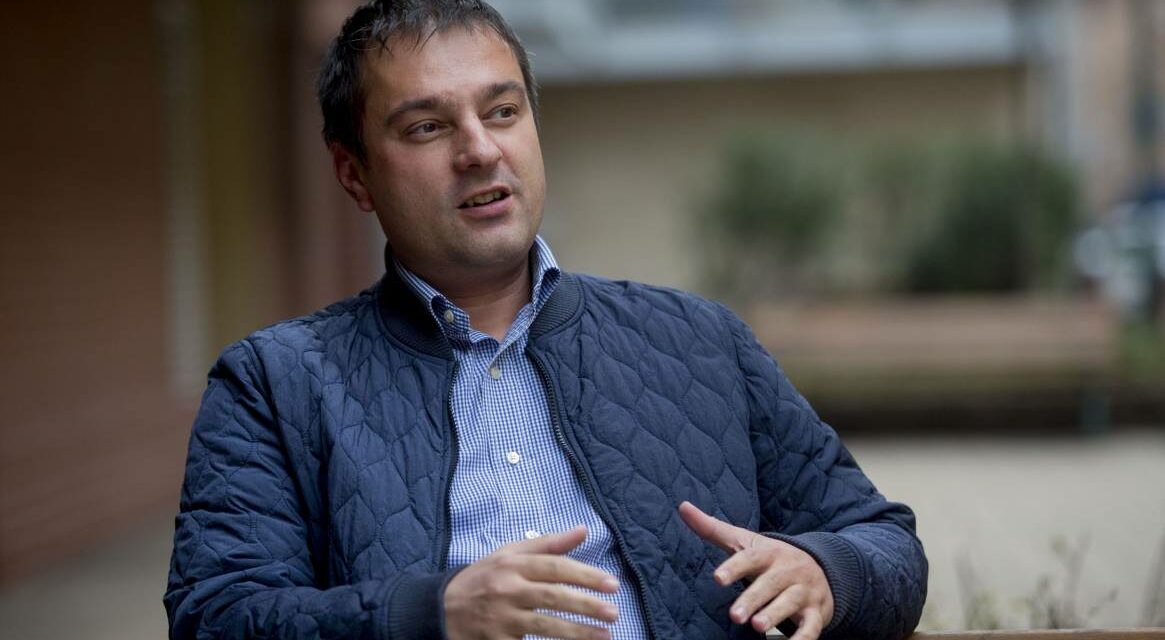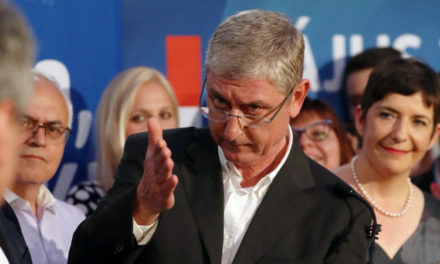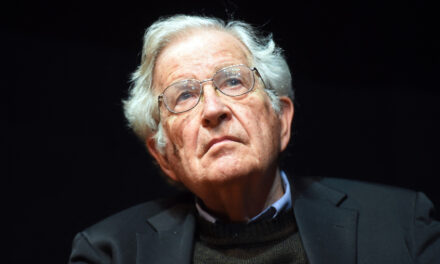In this conflict, Hungary stands on the good side of history and truth, on the side of peace.
"General Zaluzsnyj, dismissed Chief of Staff, would no longer attack in accordance with the Anglo-Saxon assessment of the situation and interests, but would switch to defense for at least another two years. The West still has approx. it needs two years to ramp up arms production and, with the psychosis of World War II, to transform its welfare societies into - in the words of the German Minister of Defense - "ready for war" (kriegstüchtig). Ukraine is also a testing ground for how nuclear powers can fight a proxy war that does not degenerate into a nuclear inferno.
The war in Ukraine, like everything in life, is decided by three things: mathematics, psychology and logistics.
Mathematics is the bottleneck, which can be temporarily compensated with logistics: when one side runs out of soldiers, weapons and ammunition sooner, the other will ruthlessly take advantage of the opportunity. After the failure of the "big" Ukrainian counterattack in 2023 and the defeats at the beginning of 2024, the initiative is now with the Russians, who have exactly this approx. they have two years to use their battlefield advantage to improve their position. This is where psychology comes in: the army and society of the side that sees a greater chance of its own victory will endure hardships and sacrifices better.
Most experts see three scenarios for the period ahead (in order of probability):
• The current situation continues: On the thousand-kilometer front, sometimes one or the other side launches an attack, which dies down after a while, because there are not enough soldiers to maintain the attack and to break through in depth.
• Stalemate: As in the first eight years of the war between 2014-2022, the belligerent societies will realize this year, or next year at the latest, that they cannot (for now) achieve their goals on the battlefield, so the "hot" war along today's front lines is once again a low becomes tamed into an intense, frozen conflict.
• The society of one side becomes satisfied with the victims, loses faith in victory and collapses, like bourgeois Russia after the Kerensky offensive in 1917, or the Austro-Hungarian Monarchy and Germany in the fall of 1918.
In this conflict, Hungary is on the good side of history and truth, on the side of peace! The Hungarian position urging a cease-fire and peace negotiations is only in the minority in the bubble of the globalist West, which is in a war psychosis, two-thirds of the world is also demanding an end to this European regional conflict as soon as possible, before it really becomes just one of the many conflicts defining our century."
The full article can be read HERE!
Featured Image: Facebook












